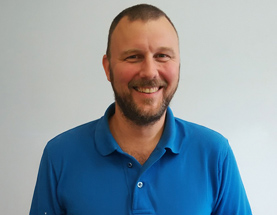
Nature-Based Renewal: Exploring Aquaponics & The Future Of Sustainable Urban Farming

Finding Genius Podcast
Deep Dive
- Aquaponics combines fish farming and plant cultivation in a closed system.
- Significant investment and expertise are needed.
- African catfish were initially chosen for their sturdiness and productivity but were replaced due to local regulations.
Shownotes Transcript
In this episode, we dive into the world of aquaponics and urban agriculture with Rolf Morgenstern, a research associate at South Westfalia University of Applied Sciences) and a former member of the productive Green Infrastructure for post-industrial urban regeneration (proGlreg) Project).
Always eager to use nature-based solutions for urban regeneration, Rolf uses his background in vertical/precision farming and aquaponics to enhance the sustainability of local communities…
Hit play to learn about:
How fish waste is recirculated through aquaponics systems to create nutrient-rich water. The financial and knowledge-based barriers associated with this research. Why catfish are so beneficial to regenerative agricultural practices. The role that PH management plays in eco-friendly food production. Plants that do best in aquaponic systems.
If you’re curious about how regenerative design can drive sustainable innovation, tackle social and economic challenges, and create thriving communities, this conversation is undoubtedly for you. Join the discussion now to find out more about Rolf’s unique research – and click here) to follow along with his ongoing work!
Episode also available on Apple Podcast: http://apple.co/30PvU9C)
Boost Your Brainpower with 15% OFF! Fuel your mind with BrainSupreme Supplements and unlock your full potential. Get 15% OFF your order now using this exclusive link: brainsupreme.co/discount/findinggenius) Hurry—your brain deserves the best!